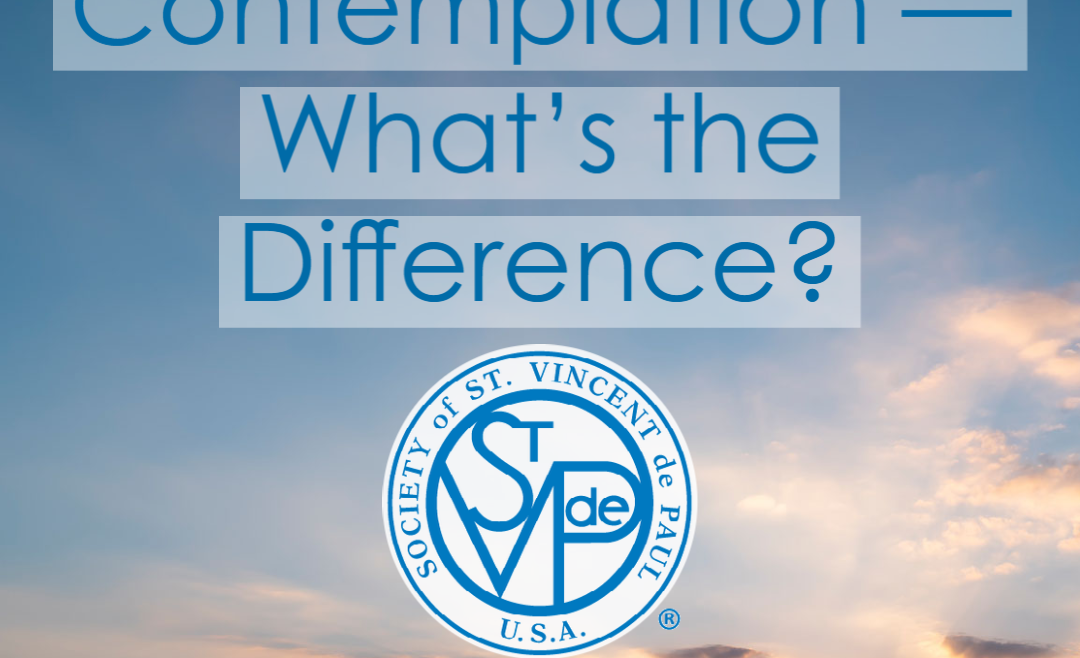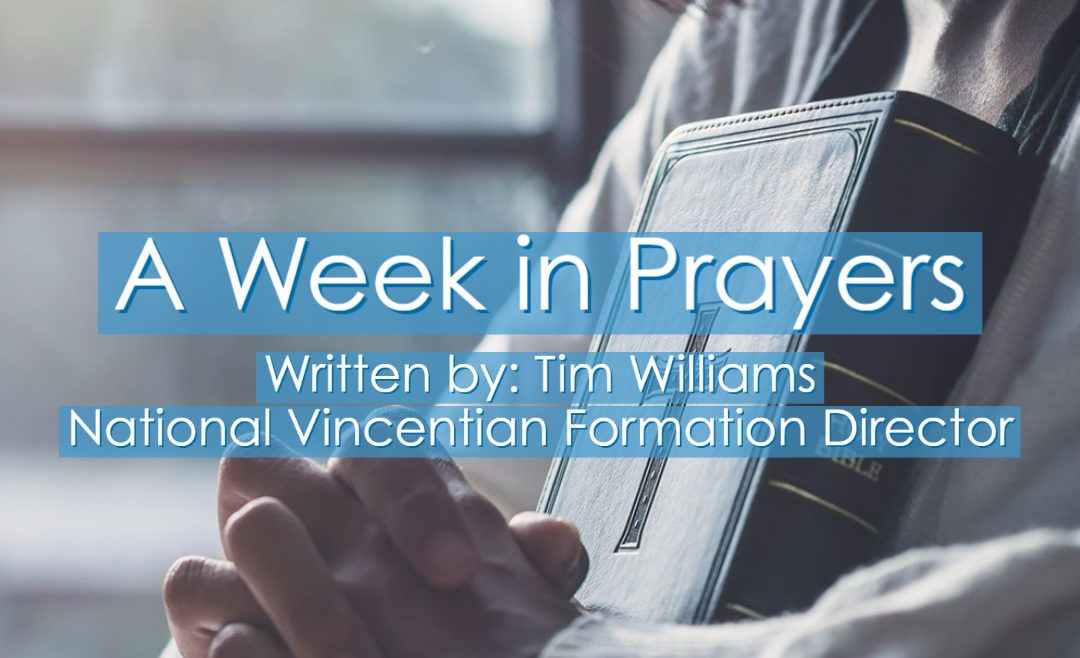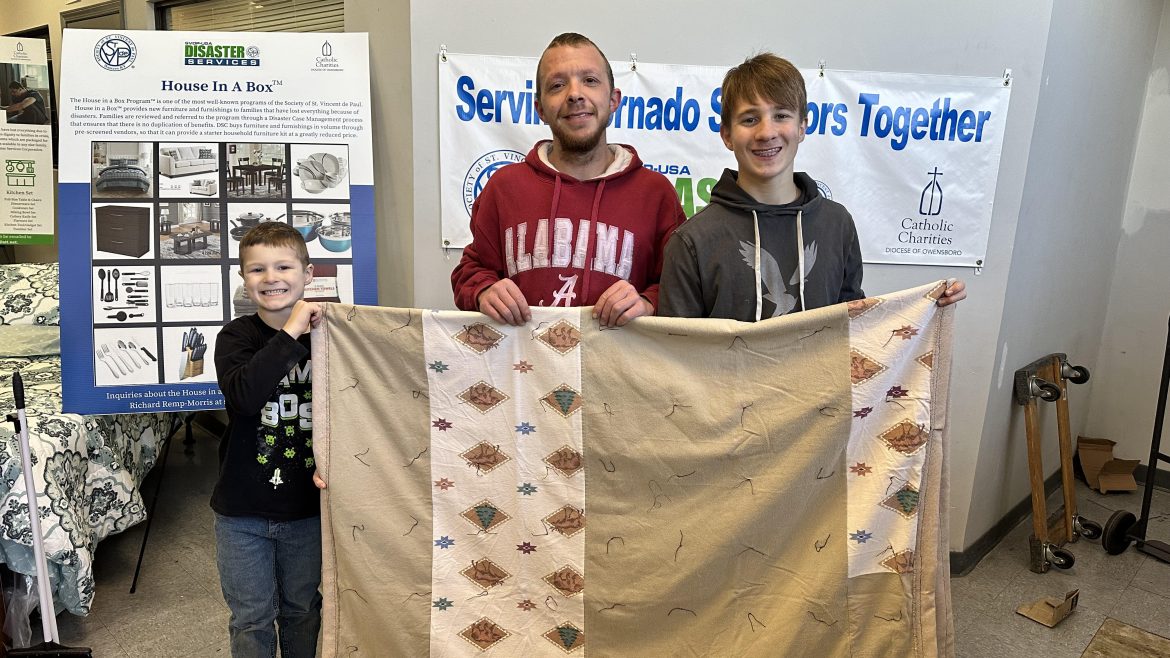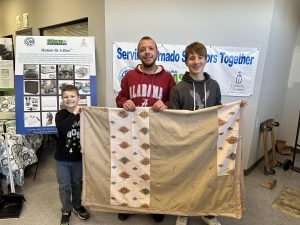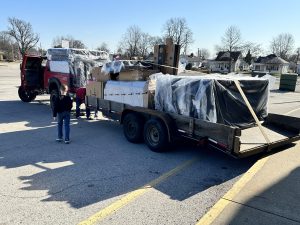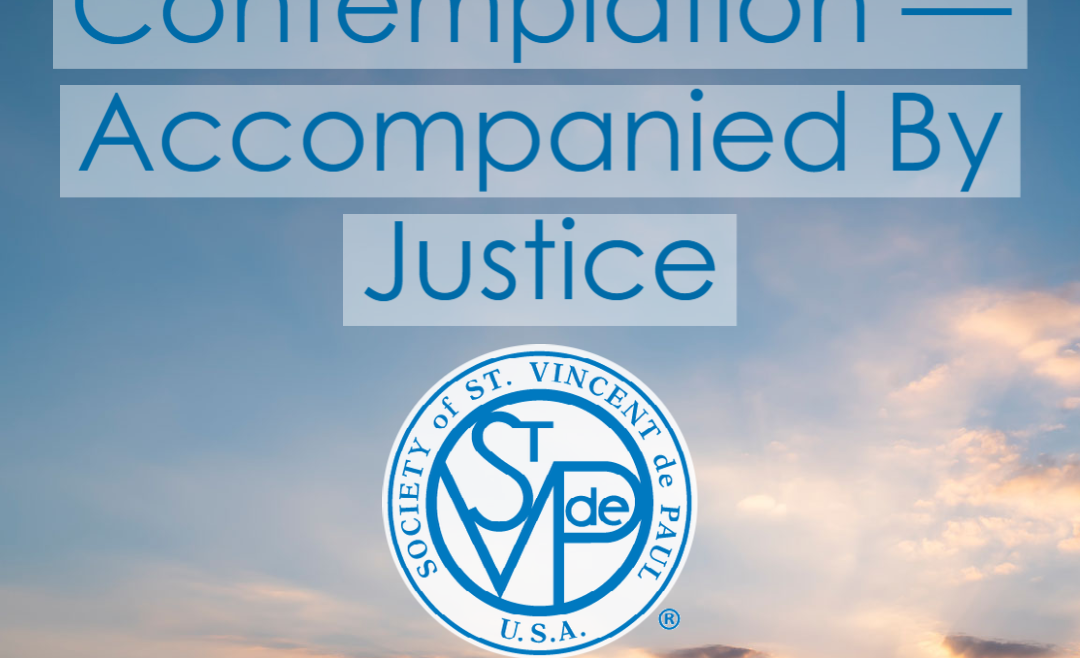Speaking about the home visit in 1834, Blessed Frédéric said that it “is one of the best rendered charities and one that produces the best results, above all, in these times when help is generally dispensed with such culpable indifference...” [Unpubished] It’s useful to recall that the home visit was not the first or the only form of assistance to the poor in Frédéric’s time, just as it is not the only form of assistance in our own time.
Take a number. Have a seat. Fill out this form. Let’s see if you qualify. I’ll ask the committee for approval. These impersonal words and actions accompany so much of the material assistance available to our neighbors in need from various agencies they approach, hat in hand, sometimes taking time off work that they can hardly afford to take.
St. Vincent once mused that “there is great charity, but it is badly organized.” [VHJ 26.1] In our day, this observation seems at times to have been turned on its head, as the poor are drowned in “organization” when seeking whatever assistance may be available. As John Boyle O’Reilly so memorably put it in his 1886 poem, In Bohemia: The organized charity, scrimped and iced, In the name of a cautious, statistical Christ.
“Under the guise of being politically correct or ideologically fashionable,” Pope Francis says, “we look at those who suffer without touching them.” [FT, 76] Material assistance doled out impersonally, or indifferently as Frédéric put it, is like exercise on a treadmill. Your body may be served, but you will not have gotten anywhere.
The Home Visit brings with it the understanding of a friend, the welcoming smile, and “to the bread that nourishes, it adds the visit that consoles.” [O’Meara, 229] Far from “culpable indifference,” we “must never take the attitude of merely getting the task done.” [SWLM, 773] Instead, as our Rule demands of us, we give generously of our time, our talents, our possessions and ourselves. [Rule, Part I, 2.5.1]
We’re not called only to write checks. We’re called to love our neighbor. That’s the difference.
Contemplate
Are my Home Visits more like an interviews, or conversations?
Recommended Reading
Serving in Hope, Module VII (with your Conference!)

